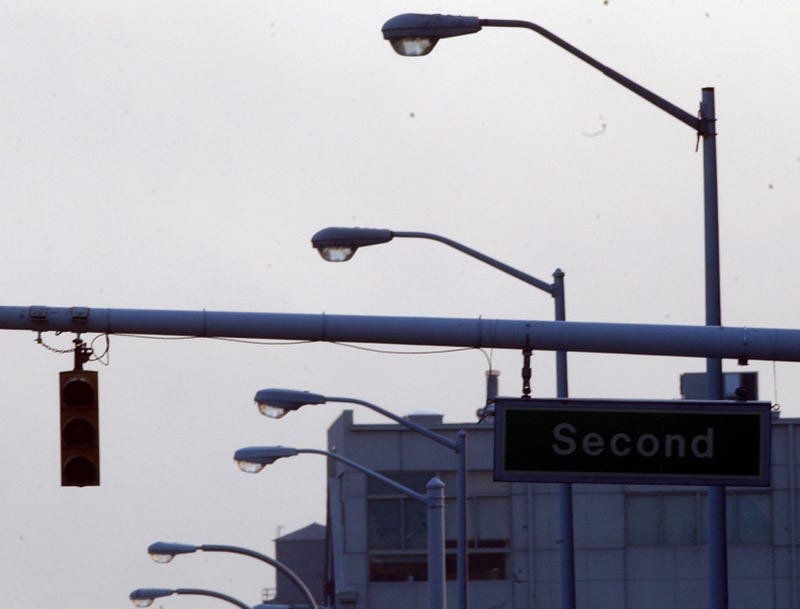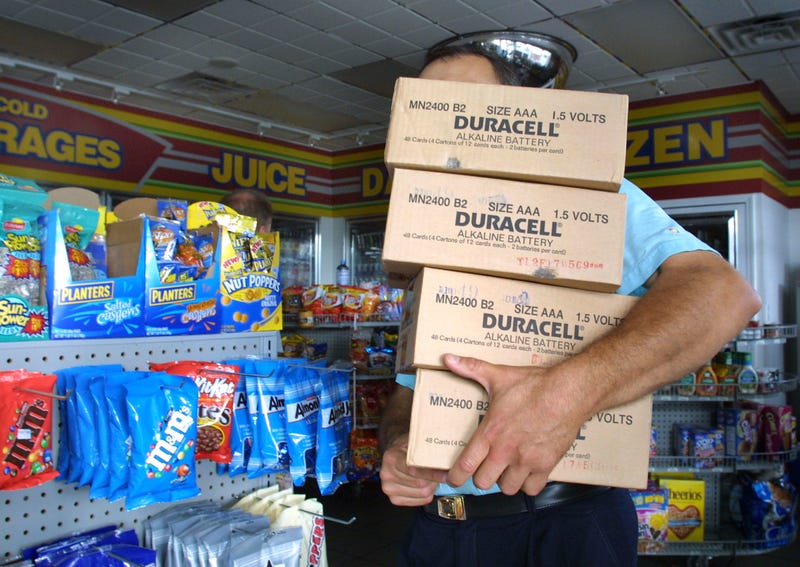
(WWJ) -- Aug. 14, 2003 started out like any normal summer day. But by late afternoon, a large swath of the country had lost power and descended into panic.
Today marks 21 years since more than 50 million people were impacted by the “Northeast Blackout” that engulfed parts of the Midwest, Northeast and even parts of Canada when a software bug at the Ohio-based FirstEnergy company caused power grids to fail in several states.
At the time, much of the focus was on the some 14 million people in the dark in the New York City area, but on an episode of The Daily J podcast last year, host Zach Clark took a look back at how Michigan was impacted, and how Metro Detroiters coped for four days.
Alt 98.7 morning host Julia says she was in the pool in Roseville that hot August day when she discovered the power outage.
“I did not realize how extreme it would be, so I just went back in the pool,” she said. “I remember trying to figure out what to do. We had to go to Cracker Barrel for dinner because they were the ones with the generators. And we went like three times.”

Detroit historian and journalist Ken Coleman says he first knew something was wrong when the arm to his Downtown Detroit parking garage wasn’t working.
“As I parked on the street in Downtown Detroit, I noticed that people seemed to be leaving their businesses, which was kind of strange and odd,” he said. “So I rolled down my windows… I remember people saying the power was out. The first thing that I thought about – and this was a couple years after the terrorist attacks – I was like, ‘they got us again.’”
Coleman, noting there was “panic happening,” said he had to walk up 24 flights of stairs to his apartment. In the coming days his father-in-law held a big cookout to get rid of meat and food that would have otherwise spoiled in the August heat.
Many have vivid memories of what was an uncertain, scary time in the wake of 9/11, but Julia says many remember it as a “common shared experience.”
“I think it’s something that everybody forgets about, but it was so monumental because it lasted for so long,” she said.
